Home>Garden Essentials>How Fast Do Peas Germinate
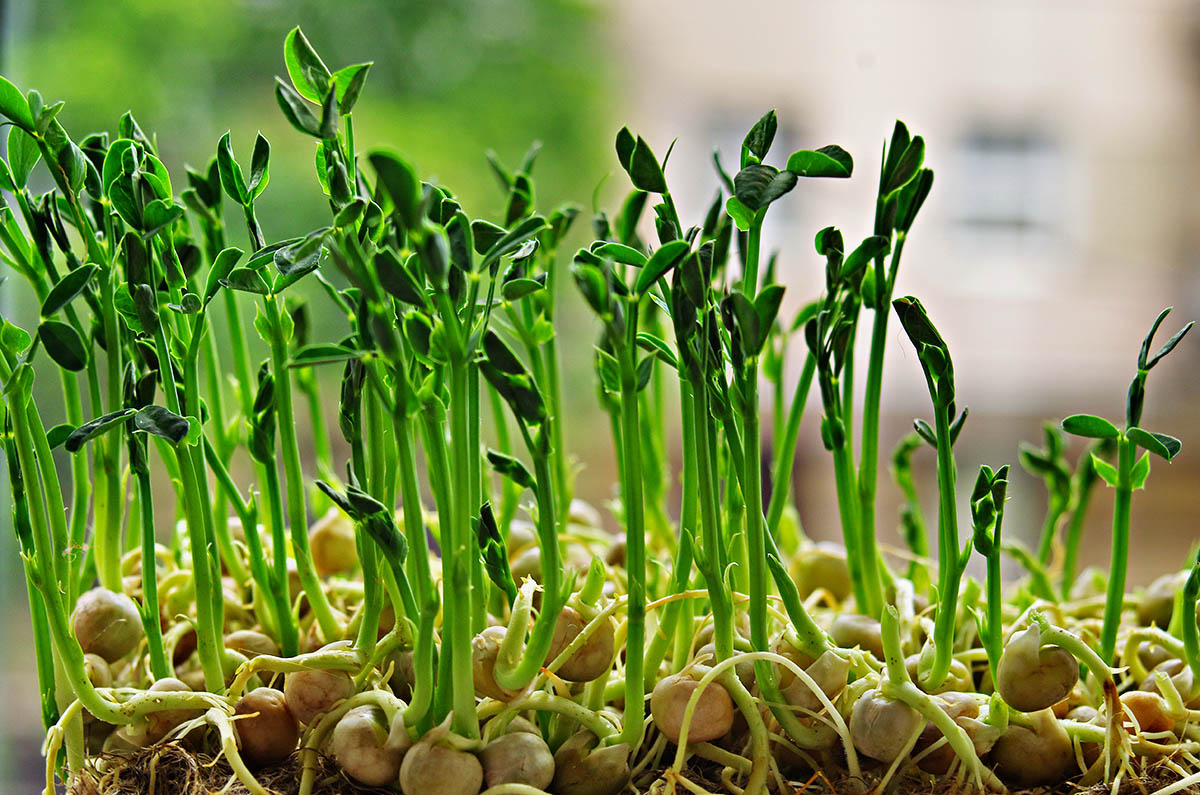

Garden Essentials
How Fast Do Peas Germinate
Modified: August 17, 2024
Discover how quickly peas germinate in your garden and get expert tips for successful germination.
(Many of the links in this article redirect to a specific reviewed product. Your purchase of these products through affiliate links helps to generate commission for Storables.com, at no extra cost. Learn more)
Introduction
Welcome to the fascinating world of gardening! Whether you are a seasoned gardener or just starting out, understanding the germination process is vital for successful plant growth. In this article, we will delve into the world of peas and explore the factors that influence the speed at which they germinate.
Germination is the process by which a seed transforms into a new plant. For peas, germination is a critical stage as it marks the beginning of a plant’s life cycle. The germination process is influenced by various factors, including environmental conditions, seed quality, and seed dormancy. Understanding these factors and optimizing conditions can help accelerate the germination speed of peas and ensure healthy plant growth.
So, how fast do peas germinate? The germination time for peas can vary depending on various factors, such as the variety of peas, environmental conditions, and seed quality. On average, peas typically germinate within 7 to 14 days. However, by providing optimal conditions and taking certain measures, you can help speed up the germination process and have your peas sprouting in no time.
In the following sections, we will explore the factors that influence germination speed and the optimal conditions for pea germination. By understanding and implementing these guidelines, you can achieve successful and speedy germination for your pea plants.
Key Takeaways:
- Peas typically germinate within 7 to 14 days, but optimal conditions and high-quality seeds can speed up the process. Patience and care are key for successful pea sprouting!
- Factors like temperature, moisture, and seed quality influence pea germination speed. Understanding and manipulating these factors can help ensure prompt and healthy sprouting.
Read more: How Fast Do Oats Germinate
Factors Affecting Germination Speed
Several factors play a role in determining the speed at which peas germinate. By understanding these factors, you can make informed decisions to optimize conditions and promote faster germination. Here are the main factors influencing germination speed:
- Temperature: Temperature plays a crucial role in germination speed. Peas prefer cooler temperatures for germination, around 55°F to 75°F (13°C to 24°C). Lower temperatures can slow down the germination process, while higher temperatures can inhibit germination or lead to poor seedling development.
- Moisture: Adequate moisture is vital for germination. When the seeds are in contact with moist soil, they absorb water and activate enzymes that initiate the germination process. Insufficient moisture can delay germination, so it’s important to keep the soil evenly moist without overwatering.
- Seed Quality: The quality and viability of the seed can affect germination speed. High-quality seeds from reputable sources are more likely to have higher germination rates and faster sprouting. It’s essential to use fresh, healthy pea seeds to ensure optimal germination results.
- Seed Dormancy: Some pea varieties have natural seed dormancy, which is a built-in mechanism that prevents premature germination. This dormancy is often caused by a hard seed coat that needs to be broken down for germination to occur. To overcome seed dormancy, scarification techniques such as soaking the seeds in warm water or nicking the seed coat may be necessary.
- Soil Quality: The condition of the soil is important for germination speed. Peas require well-draining soil that is rich in organic matter. Good soil structure allows for proper root development and efficient nutrient uptake, which can contribute to faster germination and healthier plants.
- Light: Unlike some plant species, peas do not require light for germination. In fact, peas tend to germinate better in darkness. Therefore, it’s recommended to cover the seeds with a thin layer of soil to provide them with the darkness they need to sprout.
By considering and manipulating these factors, you can create the ideal conditions for prompt and successful pea germination. In the next section, we will explore the optimal germination conditions for peas in more detail.
Optimal Germination Conditions
Providing the optimal conditions for pea germination is essential to ensure speedy and successful sprouting. Here are the key factors to consider when creating the ideal environment for germination:
- Temperature: As mentioned earlier, peas prefer cooler temperatures for germination. Aim for a temperature range of 55°F to 75°F (13°C to 24°C) to promote optimal germination speed. You can achieve this by starting your seeds indoors or selecting a suitable outdoor planting time based on the local climate.
- Moisture: Proper moisture levels are vital for seed germination. Ensure that the soil is evenly moist but not saturated. Overwatering can lead to rot and poor germination, while underwatering can delay sprouting. Regularly monitor the moisture levels and adjust watering accordingly.
- Seed Depth: Planting the seeds at an appropriate depth is crucial for successful germination. Peas should be planted approximately 1 to 1.5 inches (2.5 to 3.8 cm) deep. This depth allows for proper moisture absorption without burying the seeds too deep, which can hinder germination.
- Soil Quality: Peas prefer well-draining soil with a pH level between 6.0 and 7.5. Amend the soil with compost or organic matter to improve fertility and drainage. Avoid heavy clay soils that can retain too much moisture and inhibit germination.
- Seed Scarification: If you’re using pea varieties with hard seed coats, scarification may be necessary to break seed dormancy and promote faster germination. Soaking the seeds in warm water for 24 hours or gently nicking the seed coat can help soften it and facilitate sprouting.
By providing these optimal conditions, you can enhance germination speed and increase the chances of successful pea sprouting. Regularly monitor the progress of your seeds and make adjustments as needed to ensure optimal germination.
In the next section, we will delve into the typical timeframe for pea germination and the factors that can influence it.
Germination Timeframe for Peas
The germination timeframe for peas can vary depending on several factors, including variety, environmental conditions, and seed quality. On average, peas typically germinate within 7 to 14 days. However, it’s important to note that some varieties may germinate faster or slower than others.
Factors such as temperature, moisture, and seed quality play a significant role in determining the germination speed. When provided with optimal conditions, pea seeds will imbibe water, activate enzymes, and begin the germination process. The radicle, or embryonic root, emerges first, followed by the shoot. Over time, the shoot will grow and push its way through the soil surface, resulting in the visible sprouting of the pea plant.
It’s important to be patient during the germination process, as some pea varieties may take longer to sprout. However, if you’ve provided the ideal conditions and there is no sign of germination after two weeks, it may be an indication of poor seed quality or inadequate environmental factors.
Keep in mind that environmental factors such as temperature and moisture can have a significant impact on the germination timeframe. Cooler temperatures can slow down germination, while warmer temperatures can speed it up. Consistently maintaining the appropriate moisture levels is crucial to promote healthy and timely germination.
Additionally, some pea varieties have natural seed dormancy, as mentioned earlier. If you’re planting a variety with a hard seed coat, scarification techniques such as soaking or nicking the seeds may be necessary to break dormancy and expedite germination.
By understanding the typical timeframe for pea germination and being aware of the factors that influence it, you can have realistic expectations and take appropriate measures to ensure timely sprouting of your pea plants.
In the next section, we will discuss the importance of germination speed and how it can impact your gardening endeavors.
Keep the soil consistently moist but not waterlogged to help peas germinate quickly. Plant them in well-draining soil and provide them with plenty of sunlight to encourage faster germination.
Factors that Influence Germination Time
Several factors can influence the germination time of peas. Understanding these factors can help you optimize your gardening practices and promote faster and more consistent germination. Here are the key factors that influence germination time:
- Variety: The variety of pea you choose to grow can have a significant impact on the germination time. Different varieties have varying germination characteristics, and some may naturally germinate faster than others. When selecting pea seeds, consider the average germination time stated on the seed packet or inquire with the supplier for specific information.
- Seed Quality: The quality of the seeds you use plays a crucial role in germination time. High-quality seeds will have a higher germination rate and are more likely to sprout quickly. It’s essential to source your pea seeds from reputable suppliers to ensure optimal quality and faster germination.
- Environmental Conditions: The environment in which you germinate your peas has a significant impact on the germination period. Temperature, moisture, light, and soil conditions can all influence the speed at which peas germinate. Maintaining the ideal conditions, as discussed earlier, will help create a favorable environment for prompt germination.
- Seed Dormancy: Some pea varieties have natural seed dormancy, which can prolong the germination process. Seed dormancy is often caused by a hard seed coat that needs to be broken down. Scarification techniques, such as soaking or nicking the seeds, can help overcome dormancy and speed up germination.
- Seed Treatment: Certain seed treatments, such as pre-soaking or stratification (chilling seeds), can influence germination time. These treatments can help soften the seed coat, stimulate germination, and reduce the time it takes for the seeds to sprout. However, not all pea varieties require seed treatments, so it’s essential to research the specific requirements of the variety you are growing.
By considering and manipulating these factors, you can have a degree of control over the germination time of your pea seeds. However, it’s important to remember that certain factors, such as variety and seed dormancy, may be inherent and cannot be significantly altered.
Understanding these factors allows you to make informed decisions and take appropriate measures to optimize the germination process and achieve faster and more consistent results. By providing optimal conditions and using high-quality seeds, you can maximize the chances of prompt and successful germination.
In the following section, we will explore the importance of germination speed and its implications for gardening.
Read more: How Fast Do Mung Beans Germinate
Importance of Germination Speed
The speed at which seeds germinate is an important aspect of gardening. Understanding the significance of germination speed can help you plan and optimize your gardening practices. Here are a few reasons why germination speed is important:
- Time and Efficiency: A faster germination process allows you to save time and start your gardening project sooner. By optimizing conditions to promote quicker sprouting, you can get a head start on the growing season and maximize your gardening efforts.
- Uniformity: When seeds germinate at a similar rate, it promotes uniform growth among the plants. This is particularly important for crops like peas, where uniformity in plant development ensures better spacing, light distribution, and overall productivity in the garden.
- Pest and Disease Management: Faster germination helps establish stronger and healthier plants. When plants are quick to sprout, they are less susceptible to pests and diseases that may affect vulnerable seedlings. Early establishment of seedlings also reduces the risk of weed competition, giving your plants a better chance to thrive.
- Succession Planting: Succession planting involves planting new batches of seeds in intervals to ensure a continuous harvest throughout the growing season. By accelerating germination speed, you can implement succession planting with greater precision, allowing for a seamless transition between crops and a continuous supply of fresh peas.
- Optimal Use of Resources: When seeds germinate faster, they require less time and resources to reach the desired growth stage. This includes water, nutrients, and other inputs. By optimizing germination speed, you can ensure efficient resource utilization, reducing waste and promoting sustainable gardening practices.
It’s important to note that while germination speed is important, it should not be the sole focus. Providing optimal conditions, such as proper temperature, moisture, and nutrient levels, is crucial for overall plant health and successful growth beyond the germination stage.
By recognizing the importance of germination speed, you can implement strategies to enhance this process and set the foundation for healthy and productive pea plants in your garden.
Concluding Thoughts
Understanding the factors that influence germination speed and implementing optimal conditions can significantly impact the success of your pea plants. By creating the ideal environment, selecting high-quality seeds, and being patient yet proactive during the germination process, you can maximize both the speed and success rate of pea germination.
Remember that gardening is a learning process, and experimentation is often necessary to find what works best for your specific circumstances. Enjoy the journey of nurturing your plants from seed to sprout, and soon you’ll be rewarded with a bountiful harvest of delicious peas.
Happy gardening!
Conclusion
Germination is a critical stage in the life cycle of a plant, and understanding the factors that influence germination speed is essential for successful gardening. In this article, we explored the world of pea germination and discussed the various factors that can affect how quickly peas sprout.
We learned that temperature, moisture, seed quality, seed dormancy, soil quality, and light are all factors that influence the speed at which peas germinate. By providing optimal conditions and manipulating these factors, we can promote faster germination and ensure healthy plant growth.
While peas typically germinate within 7 to 14 days, it’s important to note that some varieties may have shorter or longer germination times. By choosing high-quality seeds, creating the ideal environment, and accommodating natural seed dormancy, we can optimize germination time and increase the likelihood of successful sprouting.
We also discussed the importance of germination speed in gardening. Faster germination allows for more efficient use of time and resources, promotes uniformity among plants, aids in pest and disease management, facilitates succession planting, and optimizes resource utilization. By recognizing the significance of germination speed, we can plan and implement gardening practices that lead to productive and successful pea crops.
As with any gardening endeavor, it’s important to remain patient, attentive, and adaptable. Gardening is a dynamic and evolving process, and each garden may have unique conditions that require specific adjustments. By closely monitoring the progress of your pea seeds, making necessary changes, and staying attuned to the needs of your plants, you can promote healthy germination and overall plant growth.
Now armed with the knowledge of pea germination and its influencing factors, you can embark on your gardening journey with confidence. Enjoy the thrill of watching your pea seeds transform into thriving plants, and savor the satisfaction of harvesting your own homegrown peas. Happy gardening!
Frequently Asked Questions about How Fast Do Peas Germinate
Was this page helpful?
At Storables.com, we guarantee accurate and reliable information. Our content, validated by Expert Board Contributors, is crafted following stringent Editorial Policies. We're committed to providing you with well-researched, expert-backed insights for all your informational needs.
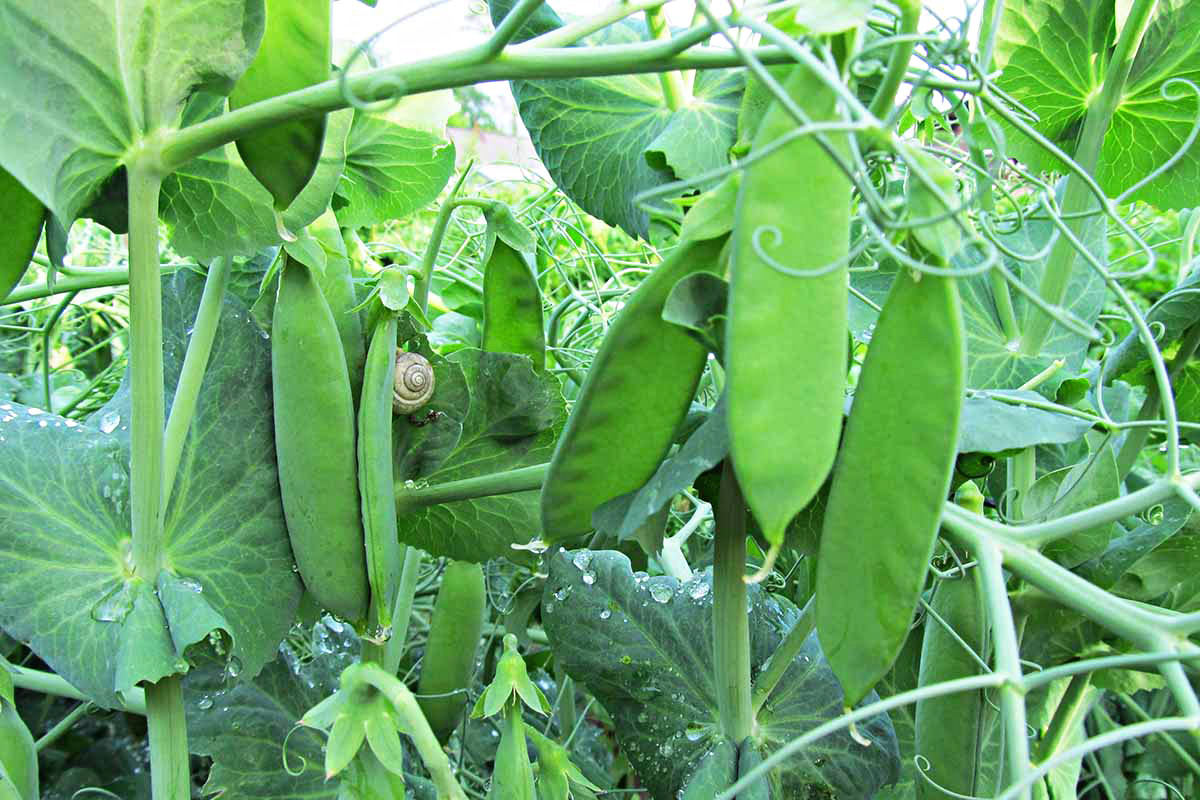
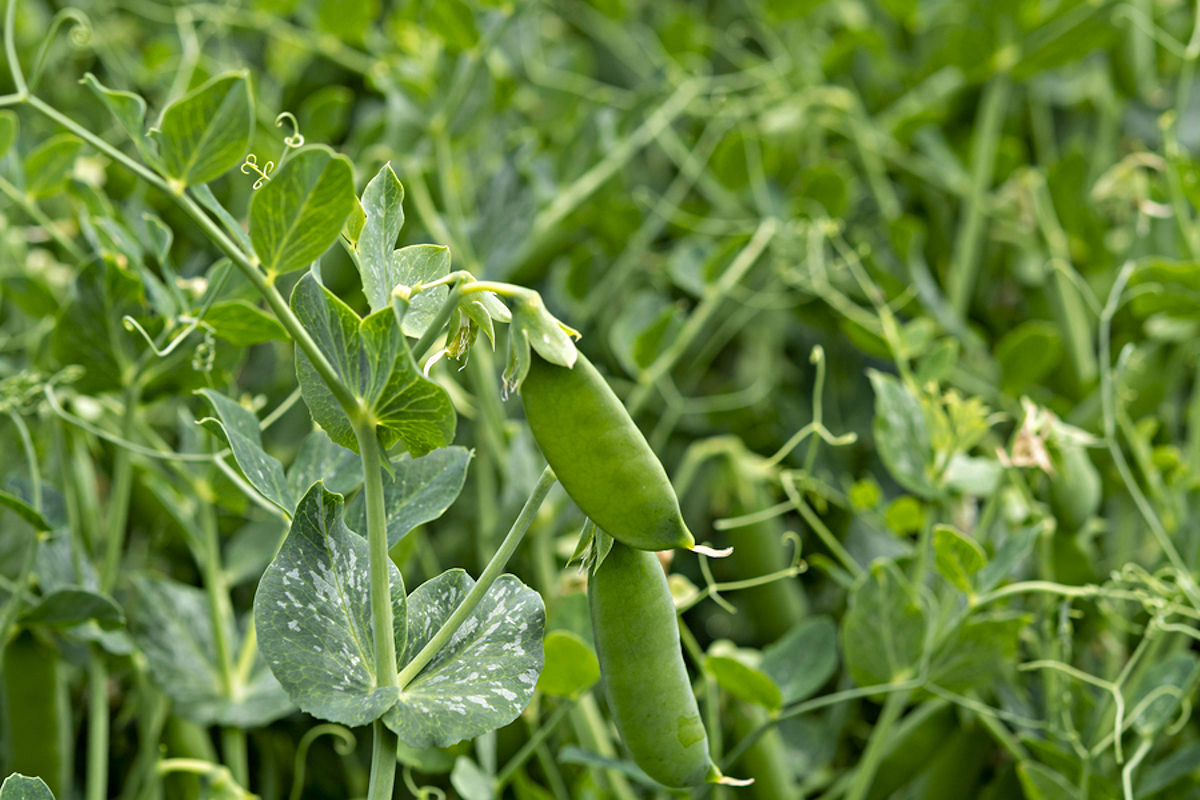
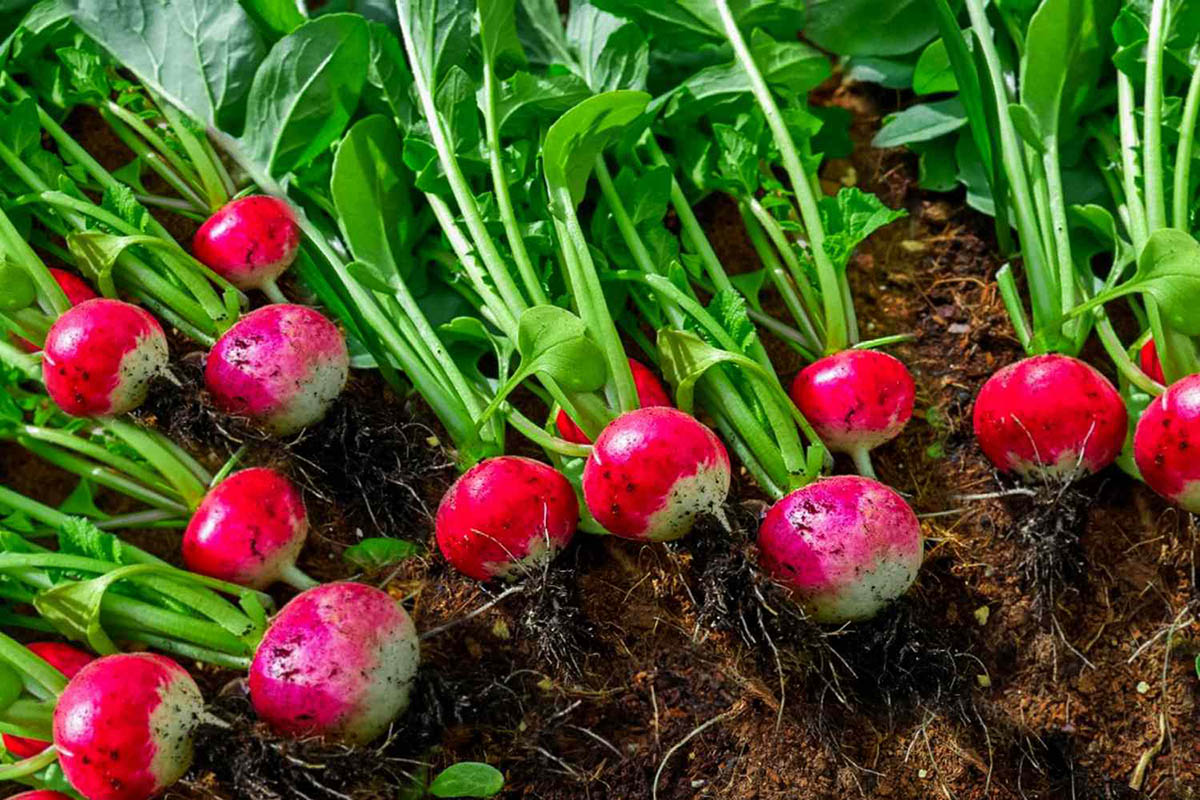
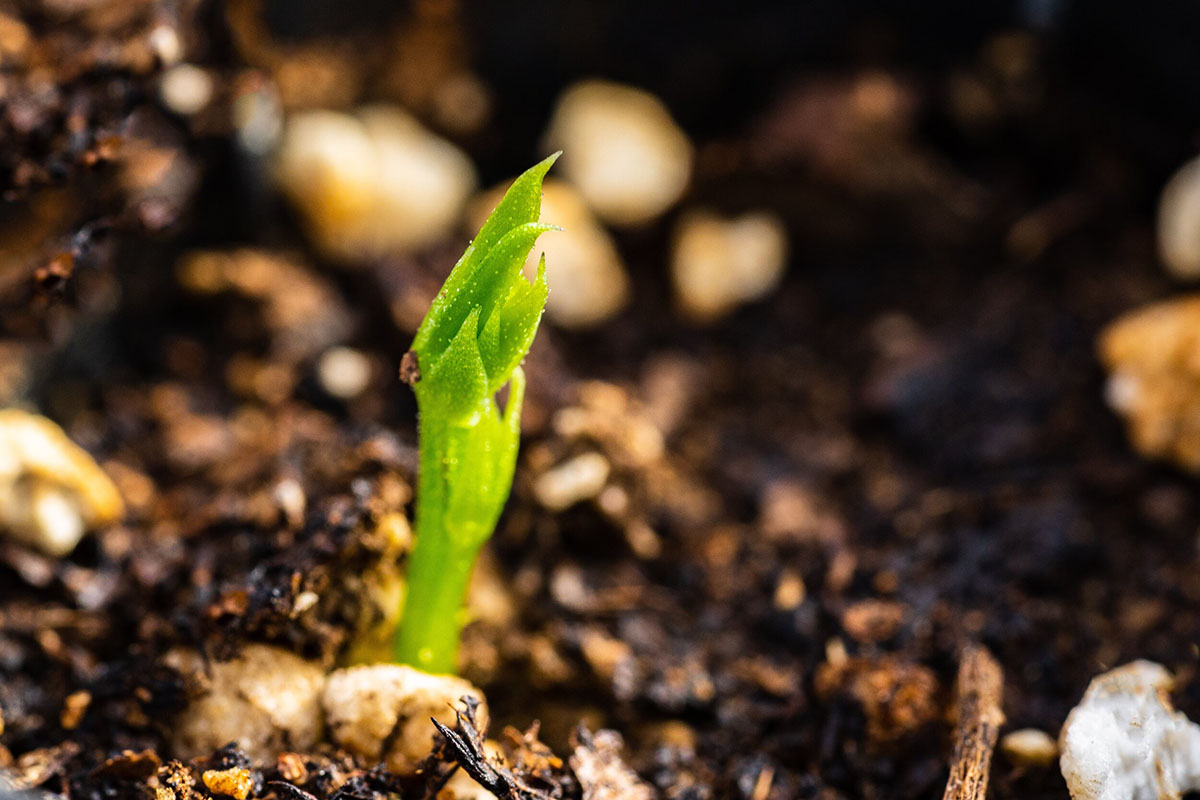
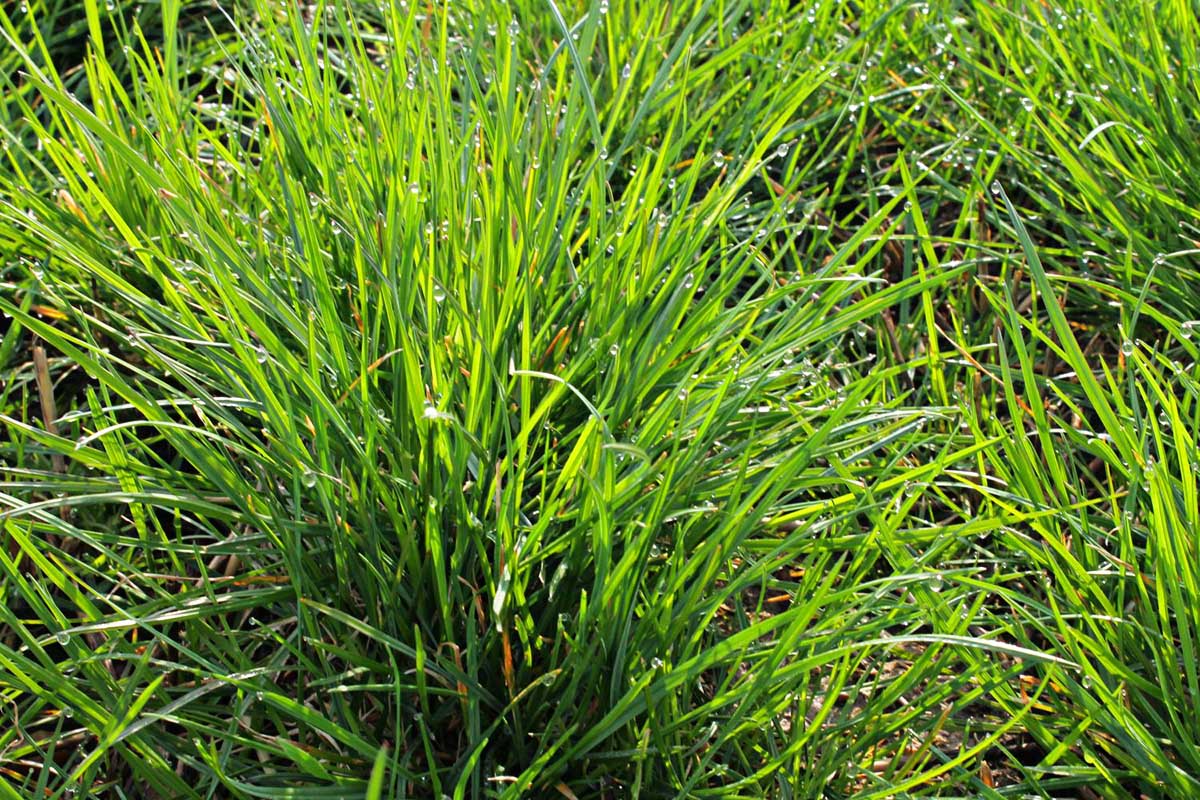
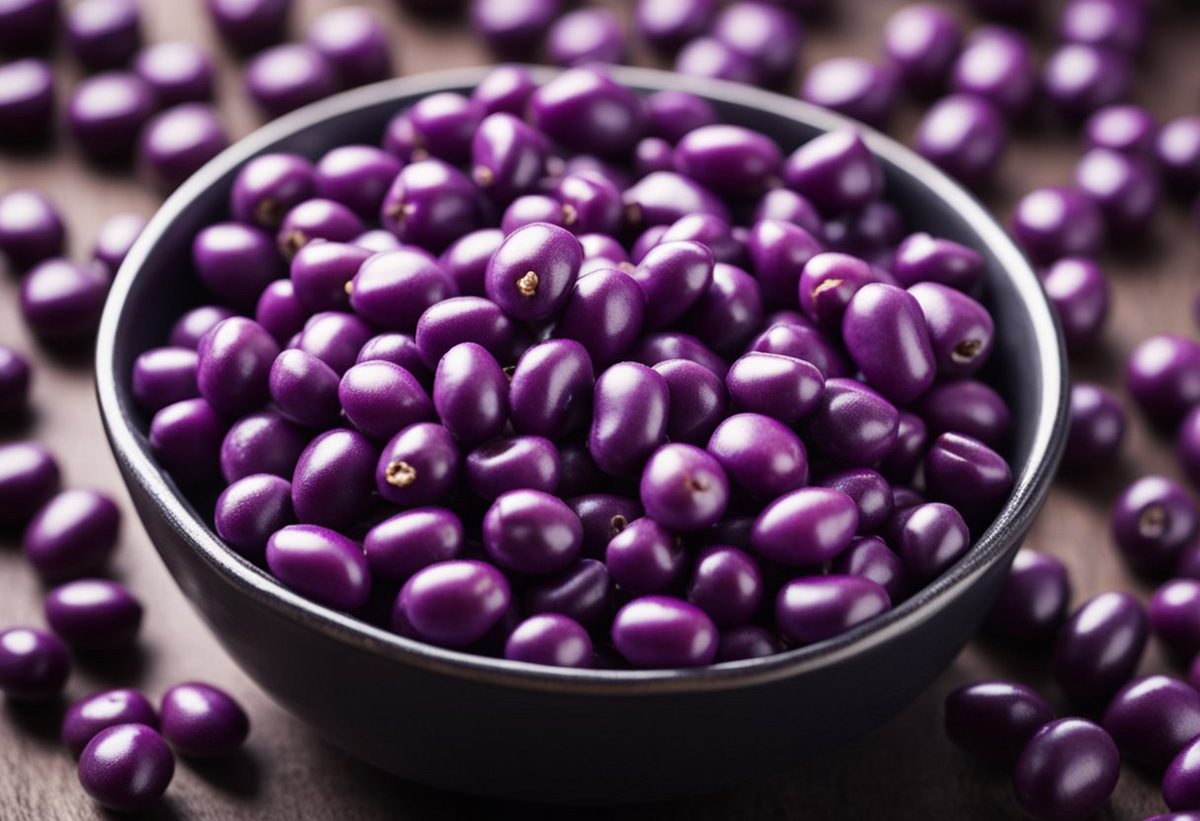
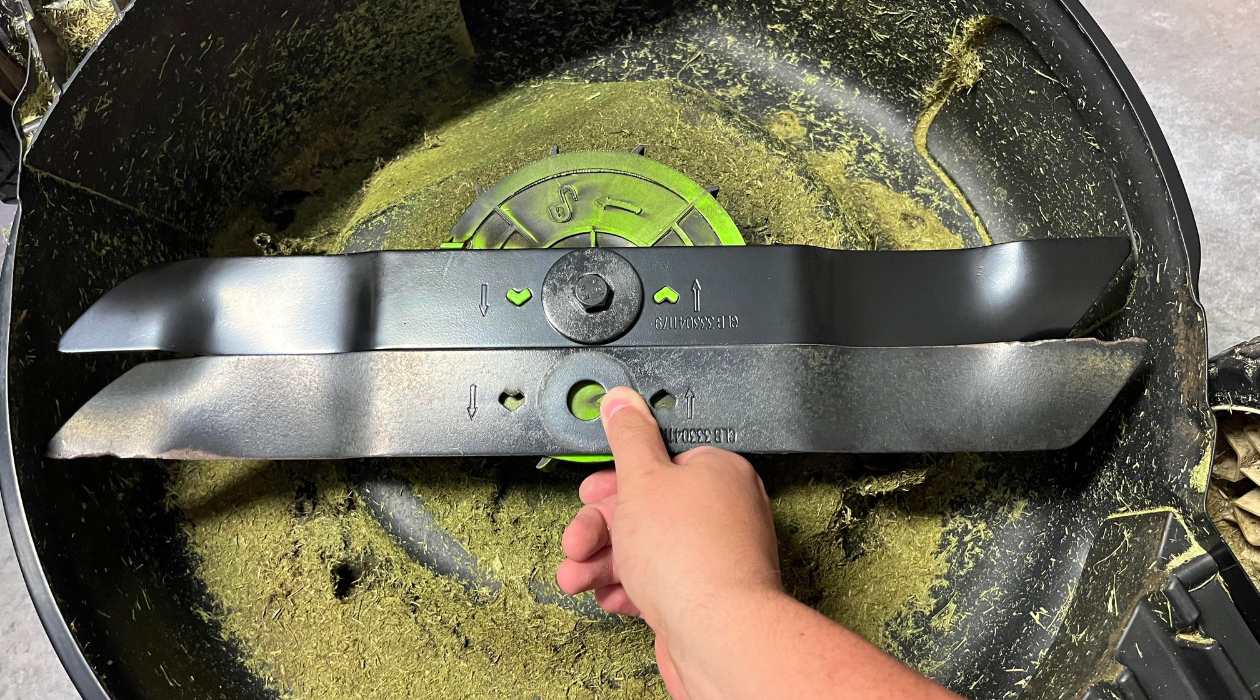
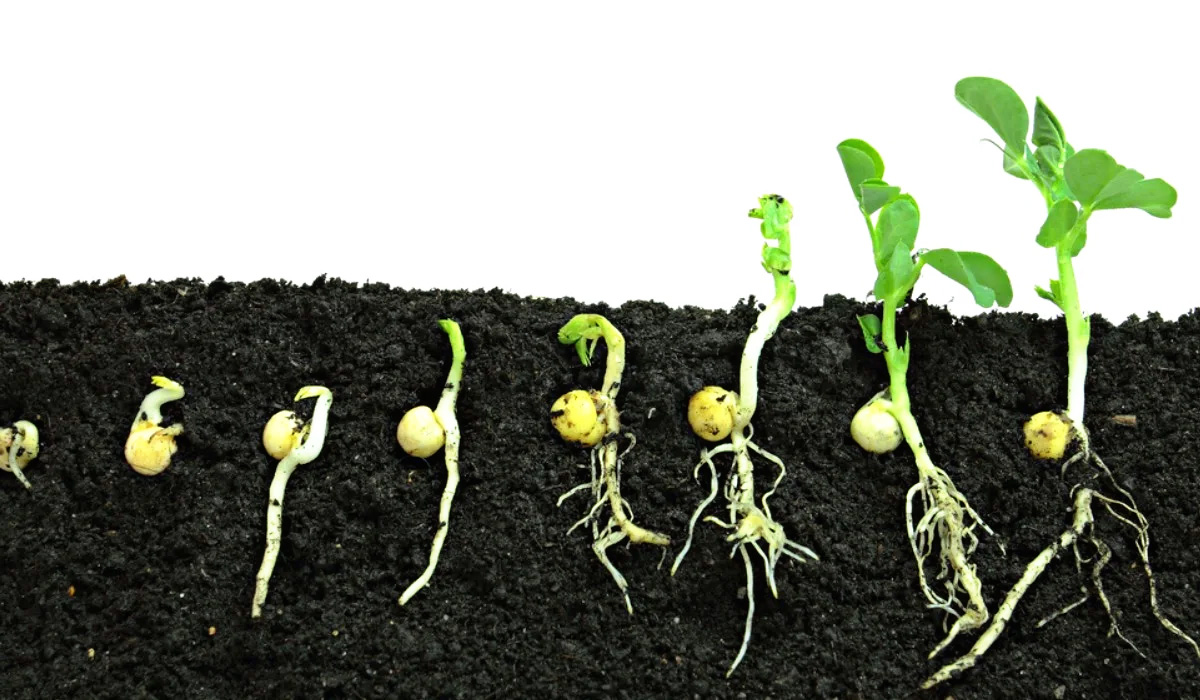
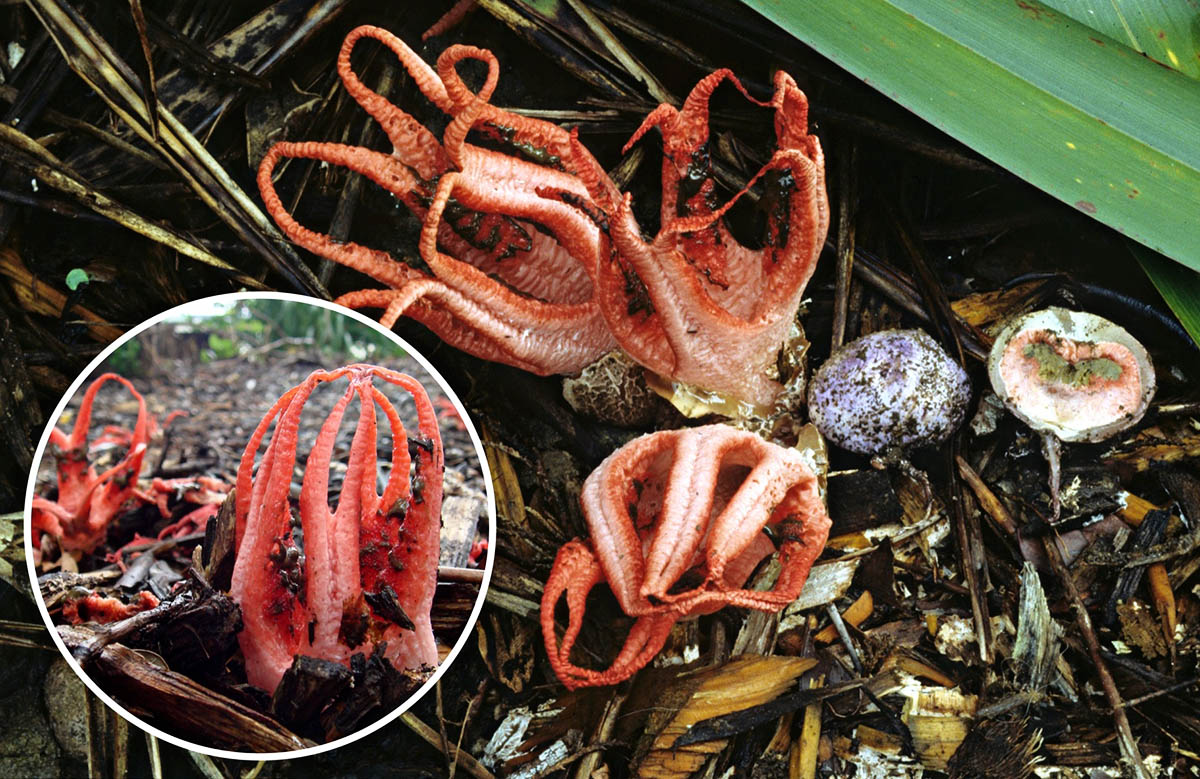
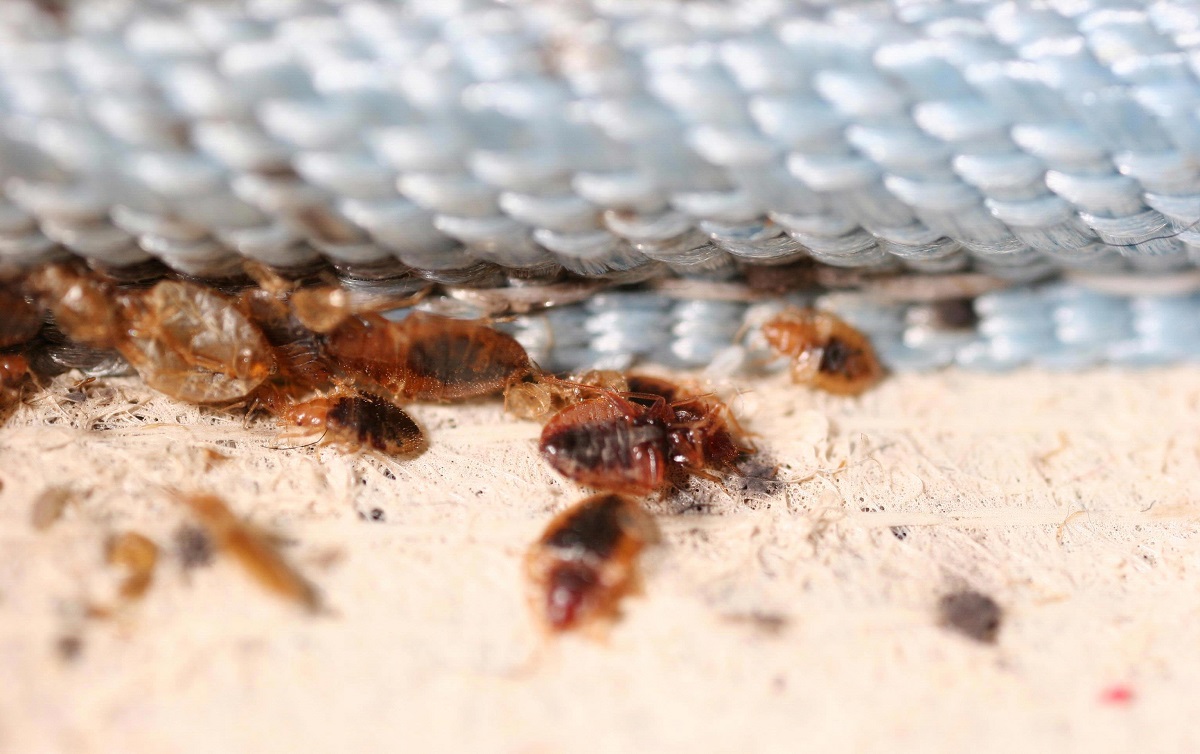
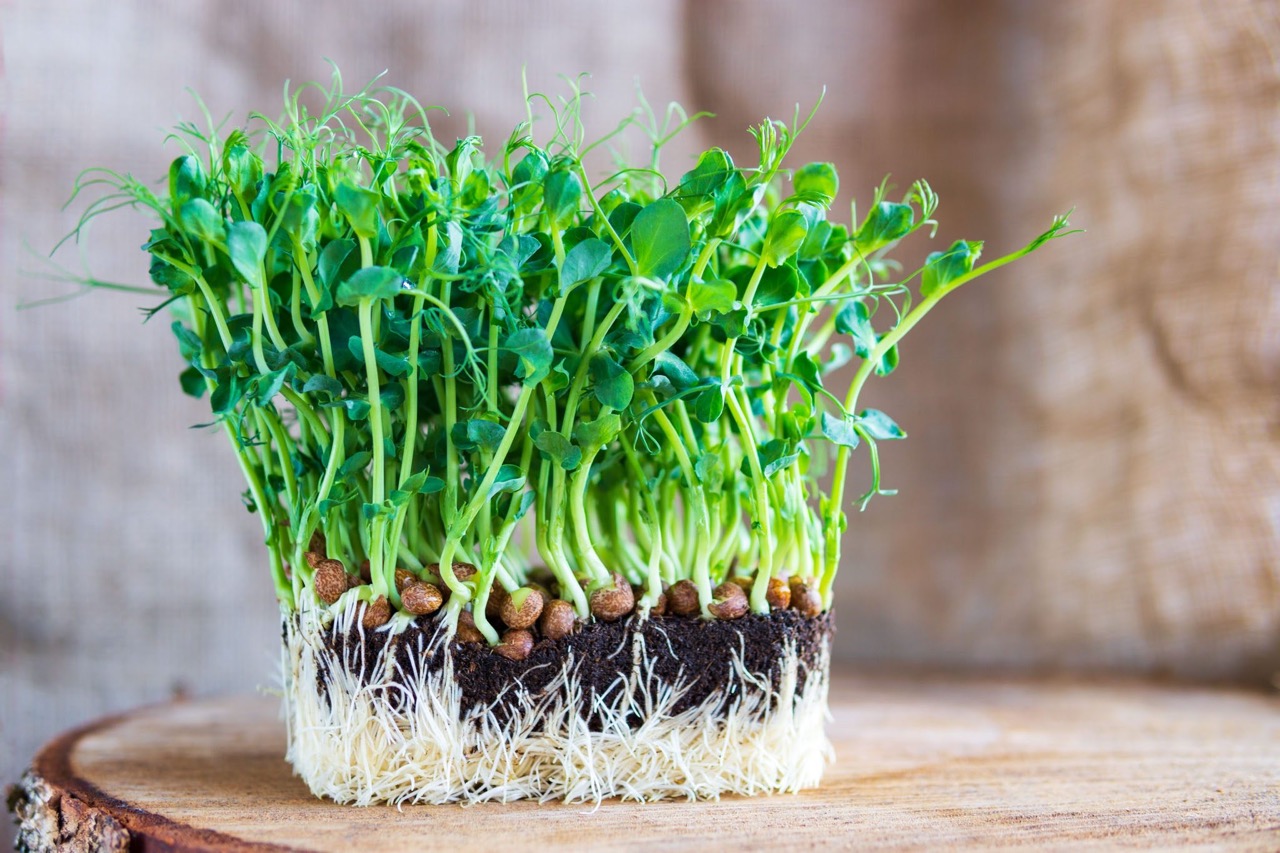
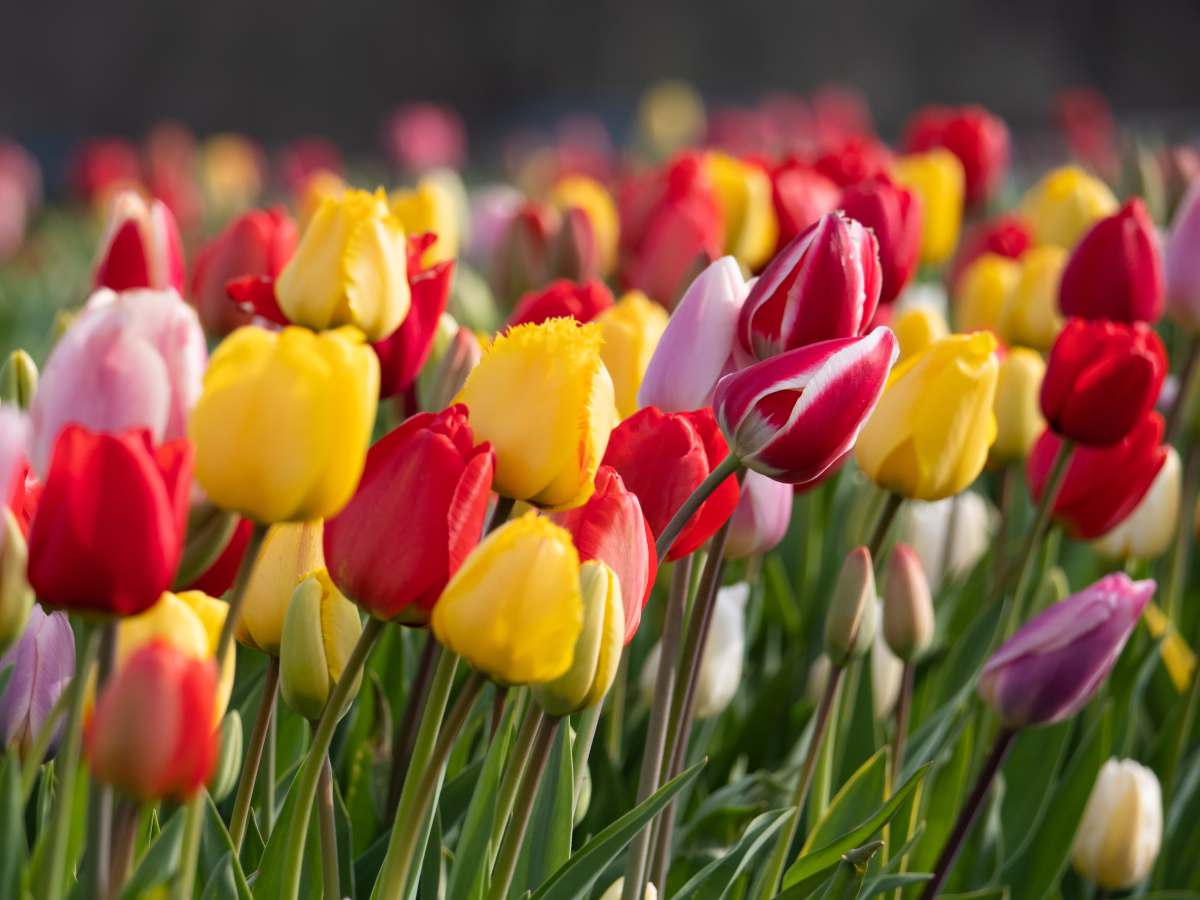

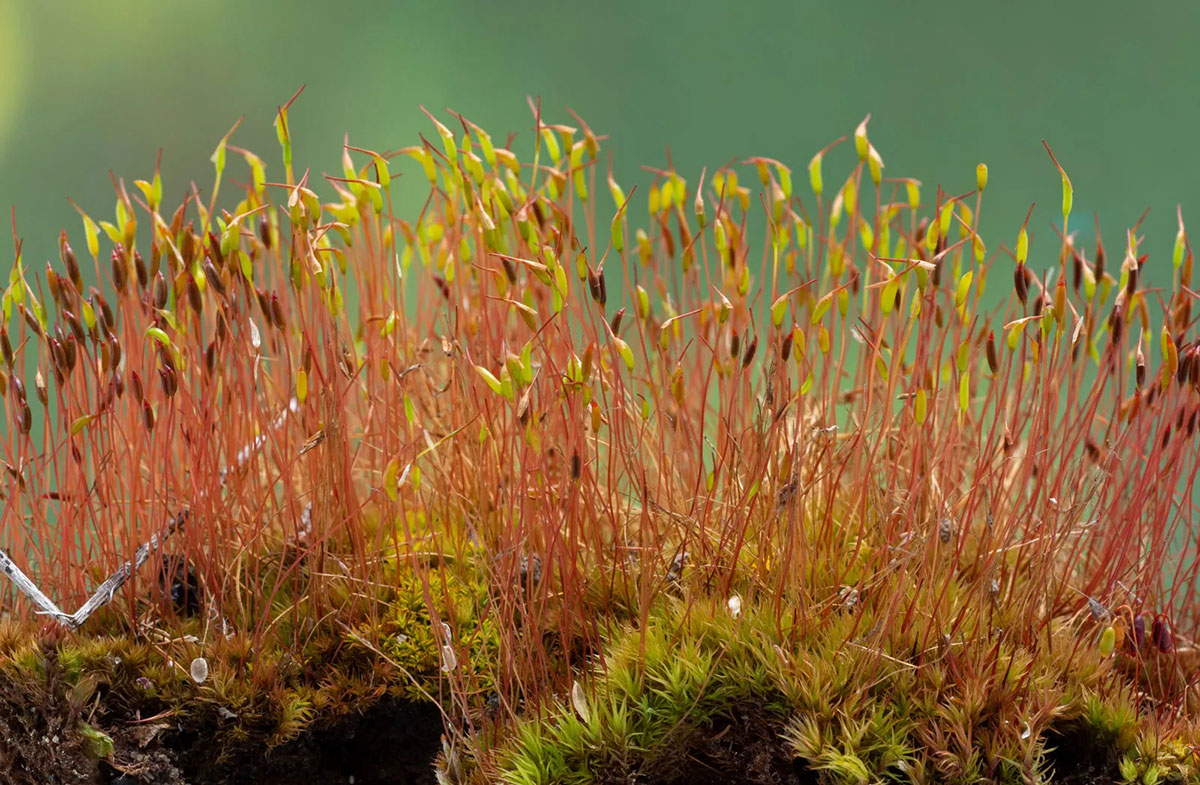

0 thoughts on “How Fast Do Peas Germinate”